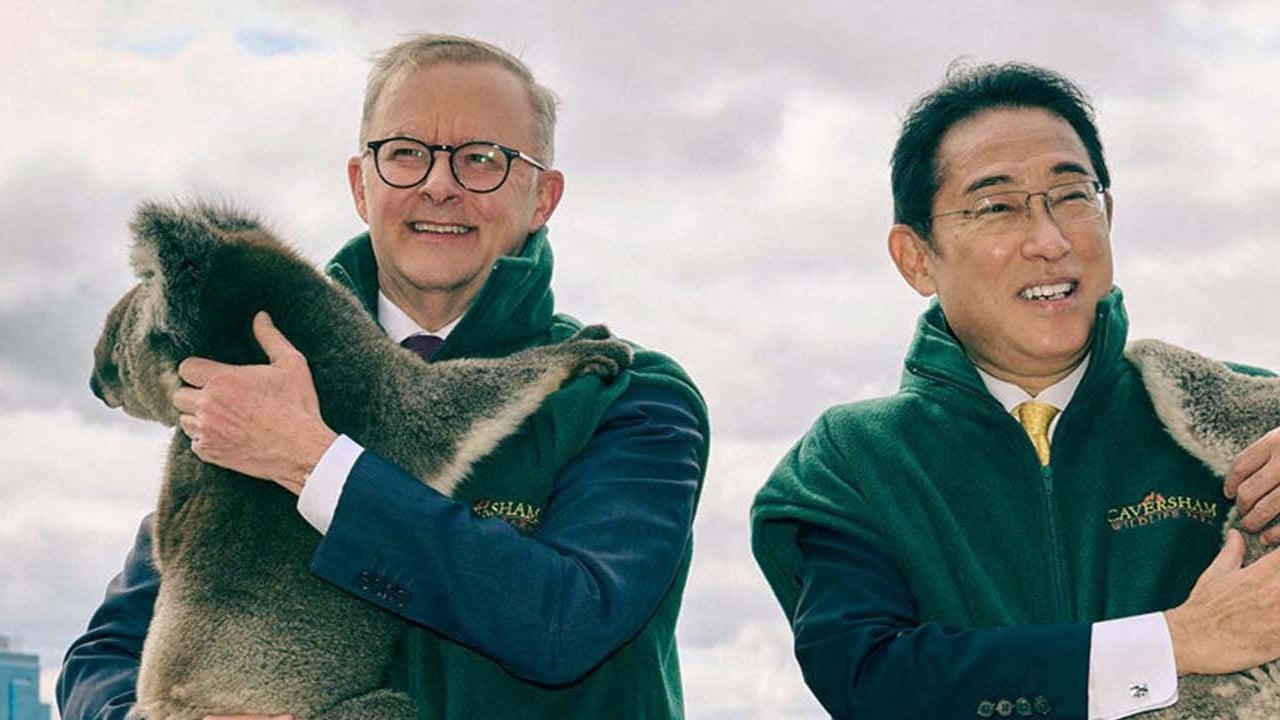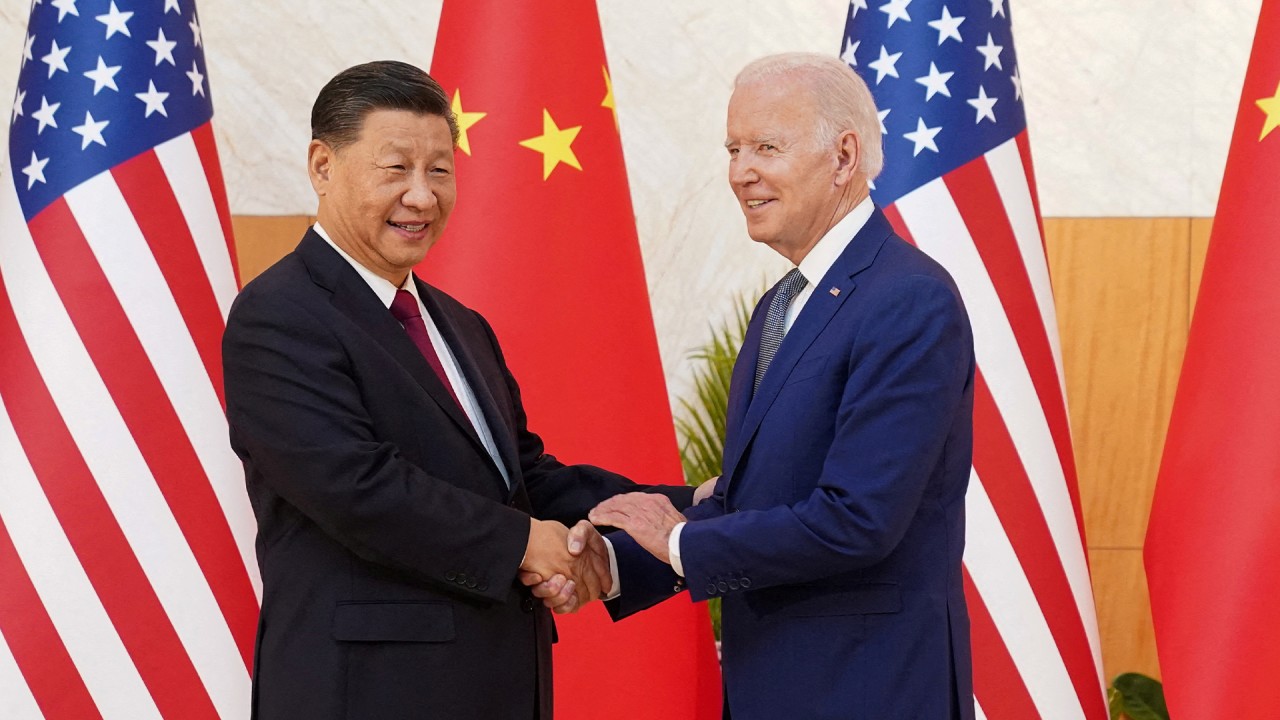Kishida said he and Xi also discussed the situation in Ukraine, affirming their mutual opposition to the use of nuclear weapons.
He also said he had raised “serious concerns” about Chinese military activities around the disputed Japanese-controlled Diaoyu Islands, also known as the Senkakus.
He also raised China ballistic missiles that fell into Japan’s exclusive economic zone (EEZ) during military drills following US House Speaker Nancy Pelosi’s visit to Taiwan in August. Japan protested at the time, but Beijing rejected Tokyo’s complaint and said the two sides had not agreed to the limits of the EEZ.
“Currently, Japan-China relations are facing many challenges and pending issues as well as various possibilities for cooperation,” Kishida said in his televised opening remarks to Xi.
“Both Japan and China are major powers with important responsibilities for the peace and prosperity of the region and the international community.”
Meanwhile, Xi said: “The world is currently entering a new period of turmoil and change.
“China and Japan are both important countries in Asia and the world, and have many common interests and room for cooperation. The importance of Sino-Japanese relations has not changed and will not change.”
He said that in the 50 years since the two countries established diplomatic relations, they have achieved remarkable results that promoted peace and prosperity in the region.
The sit-down between the two leaders followed a flurry of diplomatic exchanges between Xi and other world leaders in recent days.
Analysts had earlier said the back-to-back meetings showed that China was back in action after largely being absent for two years because of the pandemic.
Japan’s wartime history as well as their territorial dispute in the East China Sea have long been a source of friction, while growing geopolitical rivalry in the region between the US and China has deepened distrust.
Japan has also sought a closer relationship with Nato, a development that has further worried China.
Zhang Baohui, a Lingnan University professor who specialises in East Asia relations, said: “The meeting will not change the overall trajectory of Sino-Japanese relations, which is marked by strategic rivalry and security competition.
“However, it should allow the two parties to project a benign posture towards each other by showing that both are interested in stabilising the relationship and pursuing cooperation whenever possible”.
He cited North Korea and Ukraine as areas where they could explore further cooperation, adding: “Kishida has said multiple times that Japan needs to continue to engage China even though it has to simultaneously enhance its deterrence capabilities.”
Yoichiro Sato, a professor at Ritsumeikan Asia Pacific University in Japan, said Tokyo had achieved “no tangible concessions” from China on its issues of concern in the meeting.
He described it as a “face-saving” exercise for Kishida, noting there had previously been no bilateral meetings to mark the 50th anniversary of the establishment of their diplomatic relationship.
He added “the course of reconciliation” established by Xi and Biden had put pressure on Japan to follow a similar path, although Tokyo was likely to echo Washington’s concerns about Taiwan.
“[It’s] not surprising Japan is also trying to balance its expression of concerns with a call for cooperation over economy and environment” Sato added.
Additional reporting by Reuters




